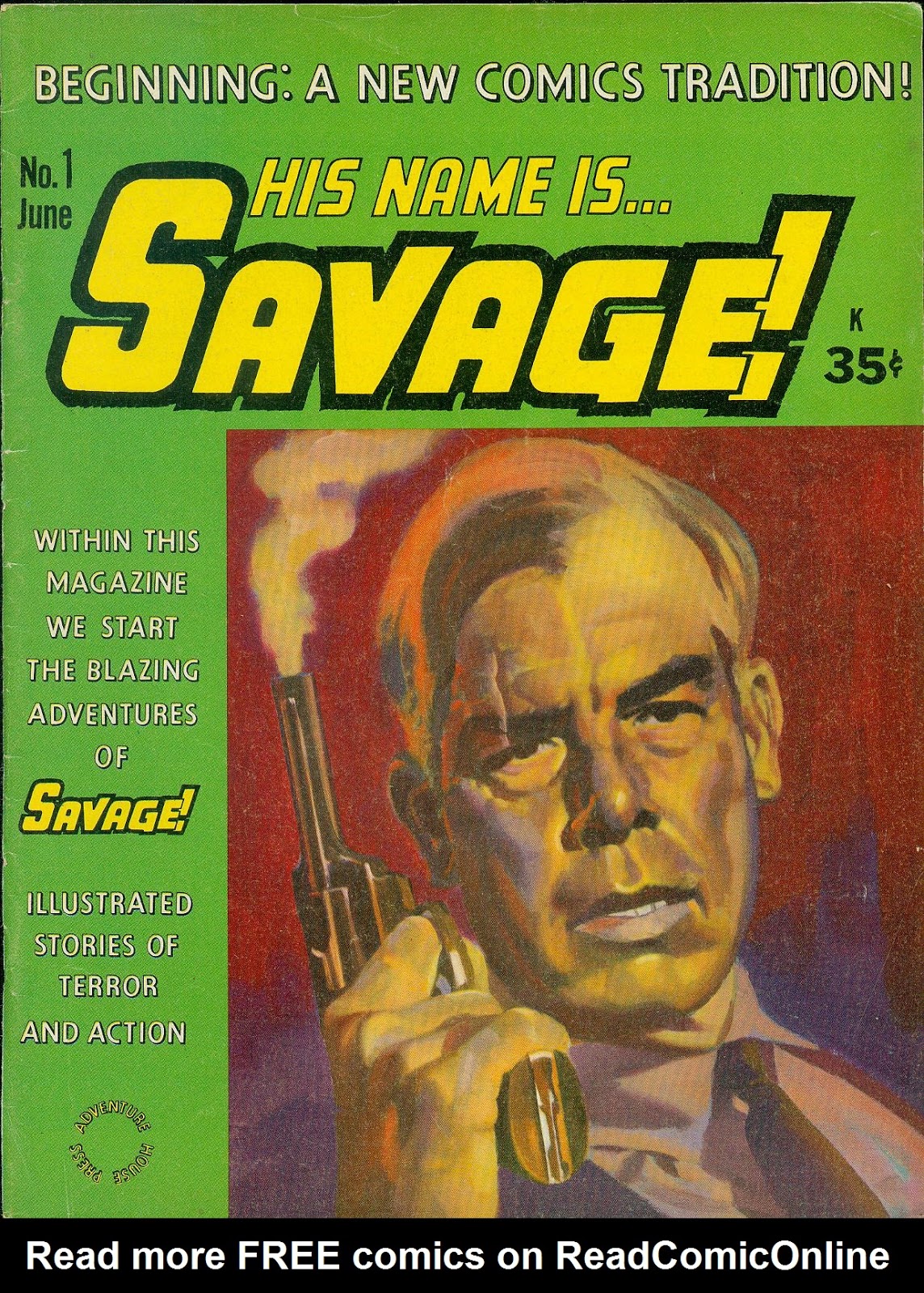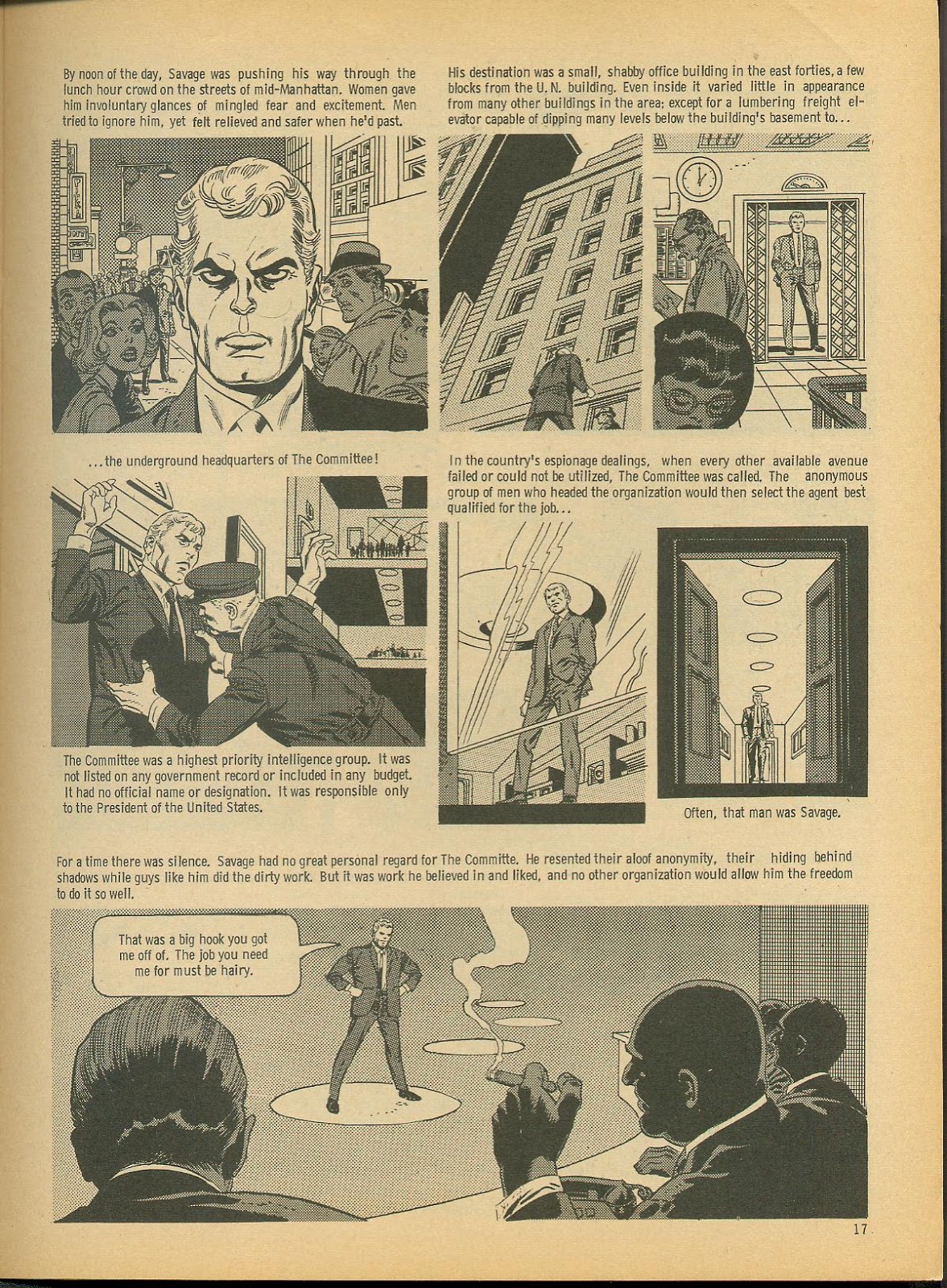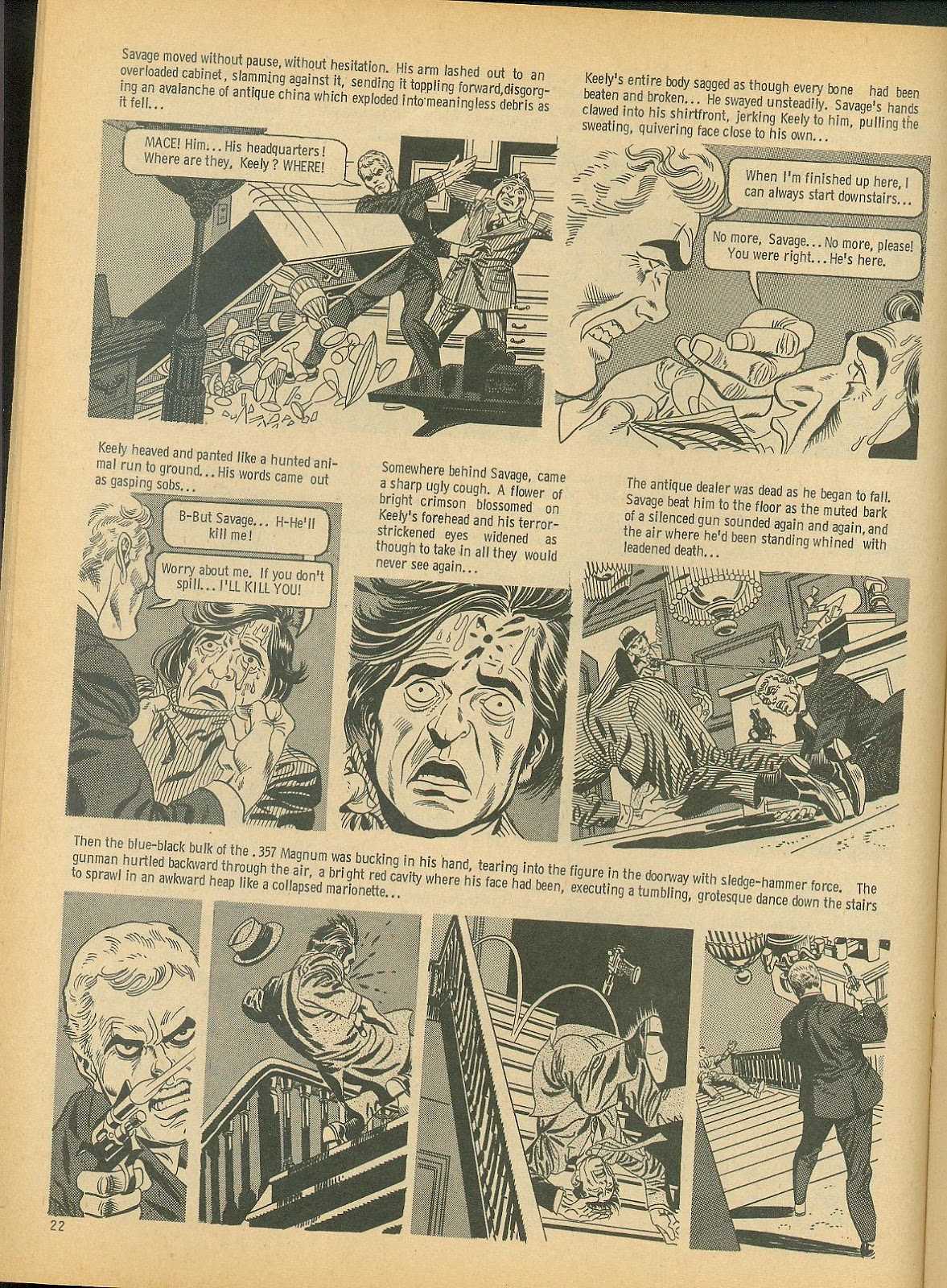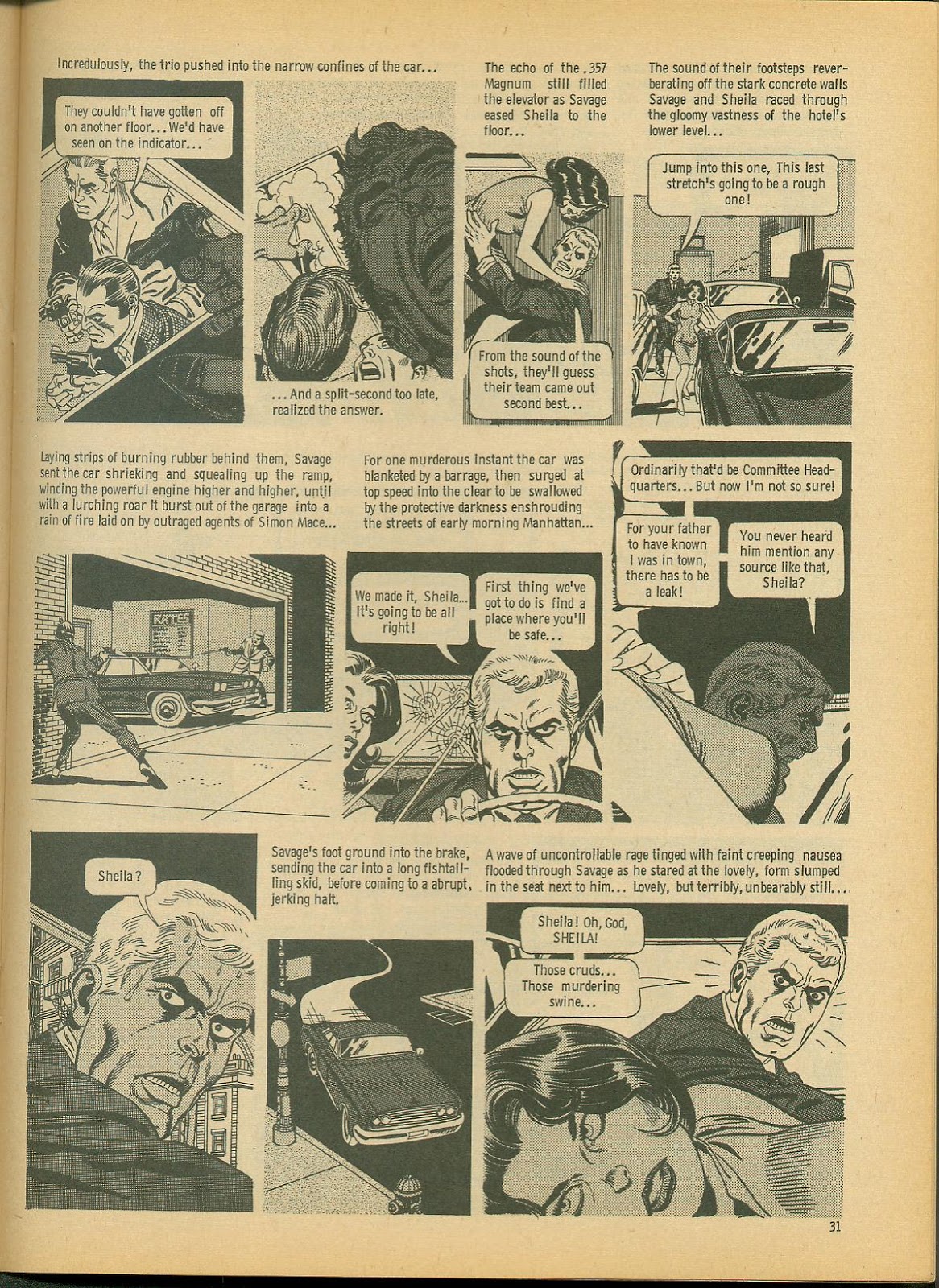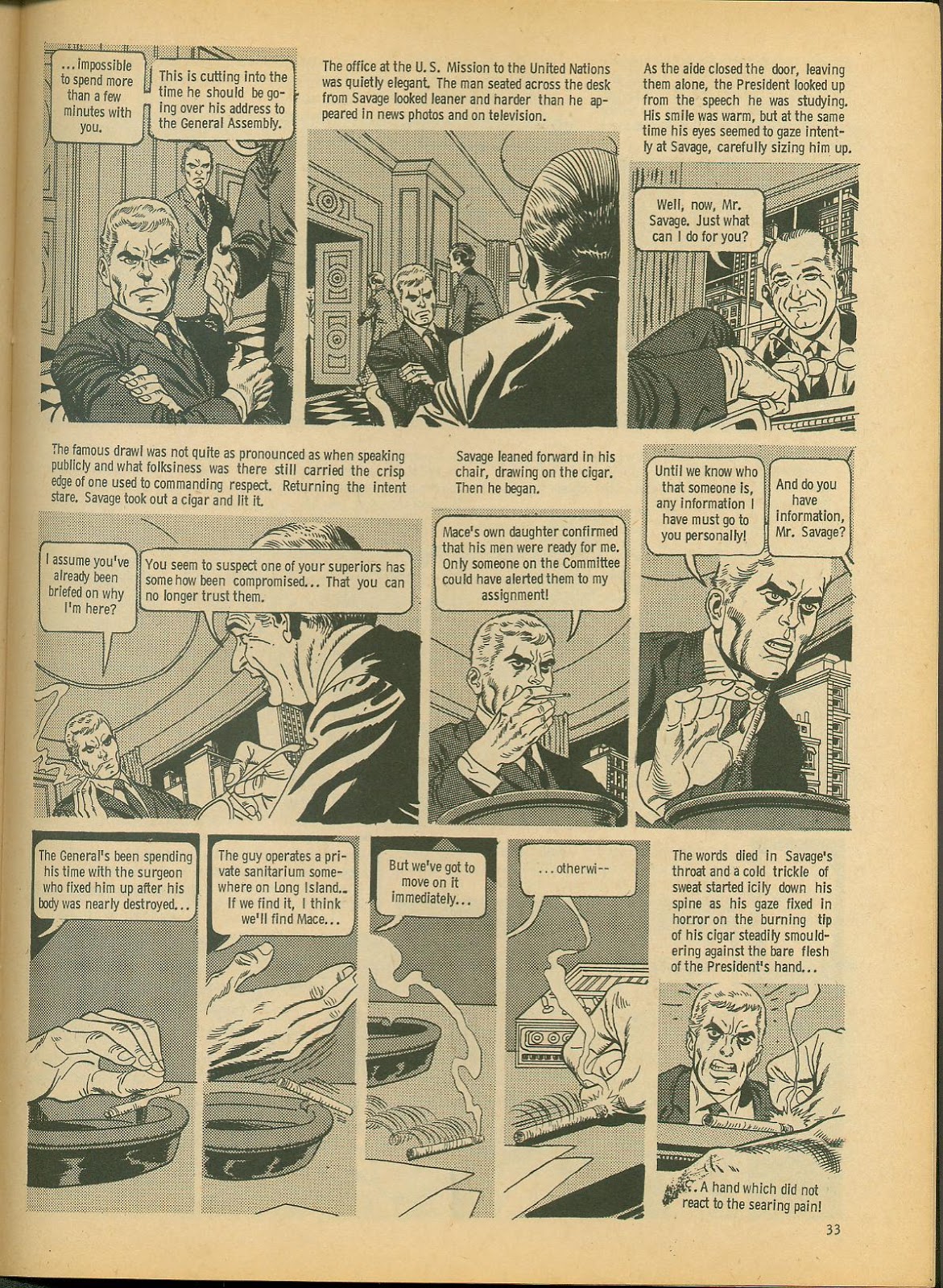For of all sad words of tongue or pen, The Saddest are these: “It might have been!”
From Maud Muller, by John Greenleaf Whittier, but then Kurt Vonnegut reworded it slightly in Cat’s Cradle, referring to Whittier only as ‘the poet’, and now everyone attributes it to Vonnegut.
To paraphrase Oedipus, Hamlet, Lear, and all those guys, “I wish I had known this some time ago.”
From Sign of the Unicorn, by Roger Zelazny, and notice how he credits his sources, even though he’s just paraphrasing?
Ah, hindsight. Had I but known. That’s considered a mystery subgenre of sorts, you know. But I didn’t, you see. There’s the rub.
When I started this blog, I was but an aging neophyte with regards to the mystery genre. I knew Westlake pretty well–or so I thought–but not the ocean he spent most of his life navigating. So when it came time to talk about the influences on a given novel or story, I might, by chance, be familiar with this or that possible source (I was reading a long time before I knew Westlake existed), but there would be so many others I had no inkling of.
And then, later, I stumble across one, smite my forehead. Then another. And yet another. The forehead shows signs of bruising. Mr. Westlake was a most erudite mariner. Or if you prefer, he’s Arne Saknussemm, and as I tunnel my way through this genre, I keep finding his mark, to indicate he’s been here before me. Perhaps you’ve seen his mark too, here and there. (Or are we the marks? God save us.)
To be a professional genre writer, you have to know the territory–those who came before you may have tricks of the trade to share–or have made mistakes you want to avoid–and you certainly want to avoid plagiarism charges.
The trick, and it’s no mean one, is to borrow, constantly, without stealing. To see something worth recycling, run your own variations on the theme–perhaps improve on them, as Bach ofttimes improved upon Vivaldi (Vivaldi might disagree). And if you do it just right, you can make your influences clear without ever copping to them (thus opening yourself up to the legal representatives of an irate estate). Clear, that is, to those who pay attention, and the rest can just enjoy a good story.
Like Mitch Tobin, sagest and saddest of his reluctant detectives, Westlake was a completist. You need as much context as you can muster, to see as many of the worlds within this world as you can, in order to pierce the mystery (which is about so much more than whodunnit). Mystery is not one form but rather hundreds, perhaps thousands. I don’t think he read everything (nobody could), but he covered the bases, mastered the essentials.
And perhaps for no reason other than to challenge himself (and to make a living), he would identify a discrete form within the form, study its best practitioners–and set out to create his own take on it, possibly without telling anyone he was doing that. The result wouldn’t always turn out equally well (trial and error leads to a great deal of the latter), but it kept him amused, and I think he had no greater enemy than boredom. The sense of repeating oneself, going through the motions. He had to keep writing.
And what he wrote had to come partly from himself, his ideas and experiences, but you run out of those so quickly (as Hammett learned). And then what? Then, Westlake reasoned, you combine stale ideas with fresh perceptions.
Anyway, I’ve come across what I consider three separate instances of this penchant of his–I’ve already mentioned one in the comments section for the relevant novel–hadn’t thought it enough of a find for its own piece, but it will do as one wheel of a tricycle. Let’s start with that.
I’m working from home of late (call me eccentric), and as fate would have it, I’m helping to catalogue a large assortment of old mystery novels, anthologies, assorted miscellenia (hmm–aren’t all miscellenia assorted, by definition?)
One title caught my eye–The Chinese Parrot. The second Charlie Chan novel (of six), by Earl Derr Biggers.
Westlake directly referenced the Chan novels and movies in his third Samuel Holt mystery, What I Tell You Three Times Is False. In that novel, Sam is trapped in a huge mansion on a remote island with several other actors known entirely for playing a fictional detective, one of whom is Fred Li, described as the first Asian to play Chan, which isn’t quite accurate–there were several early adaptations (including a silent adaptation of The Chinese Parrot, of which no extant prints are currently known to exist) featuring Korean and Japanese actors as Chan (because they all look alike and Chinese immigration had been banned for a while), but for reasons too tiresomely predictable to mention, the detective’s role in the story was greatly reduced. Chan only became the protagonist of his own films once he was played by Occidentals in makeup.
All this merely serves to establish Westlake’s famliarity with the character, which shouldn’t really require proof, since his generation routinely went to see Chan movies in the theater, then watched them on latenight TV later on. Very popular.
Those of us familiar with Mr. Westlake will further divine that he wouldn’t have stopped with the Hollywood yellowface. He would have gone back to the originals, at least some of them. The second book in a series, in some ways, matters more than the first (you don’t have a series until you have a second book) so safe bet he read it. Equally safe bet he wouldn’t use plot elements from it in a novel where an actor playing Chan is a character.
But years later, when he was writing the penultimate Parker novel, I believe elements of this book came back to him. Let’s come back to that after I do a very quick synopsis. (I can do that when forced.)
This is the only Chan novel I’ve ever read, and I skimmed it, mainly because most of the characters are white people, and these white people are dull. By which I mean not only uninteresting, but exceptionally thick-witted. It’s normal in a detective story for nearly everyone other than the detective and killer to be clueless (or what’s the detective for?), but Chan novels take this to the extreme, so I mainly just skipped to the parts about Chan himself, and soon discovered why these books have endured, in spite of their dating, and their defects.
Charlie Chan is a sphinx with many secrets–not only in the caucasian world, but even amongst his relations, some of whom he visits on his trip to the west coast. The previous novel having established him as a police detective in Honolulu, he goes to visit a cousin in San Francisco, who thinks he’s doing the bidding of ‘white devils.’ (The cousin also objects to his pretty assimilated American-born daughter working as a switchboard operator, but that second generation tends to laugh off such objections from old fuddy duddies, as those of us with recent immigrant roots know full well.)
He is there, ostensibly, to deliver a valuable necklace to a wealthy buyer, as a favor to a former employer fallen on hard times, but there is murder most fowl (humble apologies, dishonorable pun was lying there waiting to be sprung)–a pet parrot in the buyer’s desert home is poisoned. Apparently because he talked too much.
“Poor Tony very sick before he go on long journey,” Chan continued. “Very silent and very sick. In my time I am on track of many murders, but I must come to this peculiar mainland to ferret out parrot-murder. Ah, well—all my life I hear about wonders on this mainland.”
“They poisoned him,” Bob Eden cried. “Why?”
“Why not?” shrugged Chan. “Very true rumour says ‘dead men tell no tales’! Dead parrots are in same fix, I think. Tony speaks Chinese like me. Tony and me never speak together again.”
Many justly defend Biggers from intended bigotry, but it must be said, a man as smart as Chan, born and raised in the future 50th state, could speak better English than that if he wanted to. Then again, a man as smart as Lieutenant Columbo probably could too, when questioning snooty rich guys–only he appreciates the advantages of being underestimated by his social superiors, who prove not so superior after all–and guess where that idea came from? The shadow of Chan is large indeed.
For the usual contrived reasons, Chan spends much of the book masquerading as a domestic, with even more stereotypical dialect, in the rich man’s desert home, with a few confederates knowing of the imposture (not as few as he’d prefer, since his trust in caucasians is only slightly greater than his cousin’s).
“Charlie,” said Bob Eden, “this is a friend of mine, Mr Will Holley. Holley, meet Detective-Sergeant Chan, of the Honolulu police.”
At mention of his name Chan’s eyes narrowed. “How do you do?” he said coldly.
“It’s all right,” Eden assured him. “Mr Holley can be trusted—absolutely. I’ve told him everything.”
“I am far away in strange land,” returned Chan. “Maybe I would choose to trust no one—but that, no doubt, are my heathen churlishness. Mr Holley will pardon, I am sure.”
“Don’t worry,” said Holley. “I give you my word. I’ll tell no one.”
Chan made no reply, in his mind, perhaps, the memory of other white men who had given their word.
He’s always wearing a mask, hiding his true self from those around him–now he’s wearing a mask over his mask, because much as white devils underestimate a Chinese policeman, they barely notice a Chinese servant. This allows him great freedom of movement, ample opportunity for investigation.
The case is cracked, and let’s just say it’s not the greatest mystery ever written by a long shot (I gather it’s not the best Biggers was capable of), but that’s not really the point of anything, since it’s a story about human motivations, and a man who studies them closely, carefully, quietly, because his professional success depends on such observations. As to his true feelings, his own motivations, those always remain, to some extent, opaque–one might say inscrutable. You want to know what Chan really thinks of us? Might as well ask the parrot.
Yeah.
So that’s where the hook for the best of the final three Parker novels and one of the most haunting and intriguing books of the entire series, comes from. (Though to be fair, fish out of water stories are older than the Paleoarchean hills, as are stories about disguised wanderers.)
To make it even more clear, there’s an abandoned mining town key to the story, and a crazy old hermit who comes out of nowhere, then disappears from the story, after providing a useful if misleading clue (but he isn’t shot down by mistake then left for scavengers, like the equivalent character from the Stark novel).
As usual, where Westlake seeks to improve upon his model is motivation. Chan, as a policeman, self-effacing hero of the piece, and a self-conscious attempt by Biggers to counter racial stereotypes (only to end by perpetrating them, because it’s never that easy), has to behave honorably at all times. Even though you get the distinct feeling he does so under extreme sufferance.
As a felon on the lam in upstate NY, Parker only has to survive. His imposture, in a dying little town, done at the behest of a poor man seeking restitution, who knows Parker’s secret, and has one of his own Parker smells profit in, is much easier to justify. Not only is he not called upon to solve the parrot’s murder (which is no mystery, except in the sense so much of we do is mysterious), he never even learns about it, nor would he give a damn if he did. The story wouldn’t be much different if Stark’s nameless parrot (less garrulous than poor Tony, though it’s his decision to speak that gets him shot) wasn’t there–yet he’s the title character. How come?
The parrot is there to tell us where parts of this story came from. A respectful and nigh-inscrutable nod of the head to a predecessor who taught him a few tricks of the trade. A subtle hint to the reader, that went unnoticed by most, since these two novels really couldn’t be much more different. (Marilyn Stasio, who reviewed several late Parker novels, provided an introduction to a recent reprint of The Chinese Parrot–did she pierce the mystery? I greatly misdoubt it, but that edition is not evailable.)

(In both books, the titular parrot is not nearly so colorful as the ones on most of the covers.)
All that being said (and Stark’s parrot is the wiser bird by far), Westlake knew very well Parker could never equal Chan’s ability to blend into the background, by putting on a cook’s clothing and chattering like Hop Sing from Bonanza. Parker is suspected, almost immediately, by several suspicious locals, of not being who he claims to be–Chan is only exposed at the climax, through a chance encounter, the fool’s mask slipping away to reveal the hunter beneath.
The race/class element is not present, and the story told to justify Parker’s sudden presence in Tom Lindahl’s world is even more hastily improvised, under the far sterner exigencies Parker faces. For all that, it’s still a story about how most people see only what they’re prepared to see, and Parker, like Chan, sees what’s really there.
Thankfully, Parker doesn’t have to speak in hokey dialect. He has the luxury of a white skin. Not that he gives a damn. Just another mask. The Chinese policeman and the Wolf in sheep’s clothing would understand each other very well, in spite of their professional divide. I would not go so far as to say Parker is Chan’s Number One Son, but again, dishonorable joke was impossible to resist.
So from one of Westlake’s finest novels to perhaps his very worst–I’ll give this one short shrift. This is an easy catch, but to make it, you have to know the source, and it’s not a much-watched film these days. TCM and DVR–what did we ever do without you?
Jane Russell was Star of the Month for April, and I could hardly refrain from recording a few of her films I was not familiar with. (This gentleman does not invariably prefer blondes.) The Fuzzy Pink Nightgown? Didn’t sound promising, but what the hell. It ended up being the only one I watched without fast-forwarding (much).
One of her personal favorites, though according to her own perceptive commentary (Russell, as you all should know, was a damn smart broad) it ended up foundering on a difference in vision between herself and the director, Norman Taurog. She wanted a more serious satiric film, in black and white–he wanted a color romp. It ended up going both ways. You can see the joins.
She’s great in it–one of her best performances–like her chum Bob Mitchum, she never really exerted herself much, unless she found the role challenging. With looks like theirs, it wasn’t necessary. Neither is a synopsis.
There’s no point in my trying to prove Westlake saw this film prior to writing his take, since Westlake only wrote that half-baked kidnap caper after working up a script with that general premise at the behest of disreputable film producers (very nearly the only kind he ever got to work with. The flick was never lensed, but he retained the novel adaptation rights (hated to waste work).
I have no idea who first had the idea of kidnapping a sexy starlet and holding her for ransom, but Taurog’s comedy is the earliest instance I know of where somebody actually made a film with this precise subject, and given that it had been just about ten years since the last attempt, some producer probably figured it was worth another go.
It’s not easy to write a romantic comedy about an ex-con (wrongly convicted, of course) who decides to kidnap a famous sex bomb who is bored with her life (though very good at her job), roughs her up a bit when she gets out of line, and they end up falling madly in love with each other. Westlake probably did know the earlier film (maybe had it screened for him), and would have noted all the gyrations you have to go through to make that work. He decided to switch the romantic angle from the star who is bored with her life to a younger woman who wants that life for herself, or so she thinks.
The kidnapping in the Taurog film is very perfunctory, and far too easy. Westlake, who had only written capers as Stark up to that point, made it into a carefully planned girl heist (computer-planned, in fact) that gangs a mite aglae, but still works out well for all concerned (except for the English grifters who for all I know were a legacy from the original film concept). The kidnappers, sterling lads all, actually get their cash, get away clean, and the gangleader gets his girl, while the movie star goes home well-rested. Were they going to do all that if the film was made? They didn’t in Russell’s flick.
There’s little point in trying to decipher how much of Sassi is Westlake, how much is the fuzzy nightgown, and how much is the threadbare borrowed concept he was handed by his former employers. That’s not my point of interest here. It is rather the origin of the earlier film, which was, if you’d believe it, based on a novel that may have been the basis for the self-faked kidnapping of a very minor Hollywood starlet. (No, her name wasn’t Jimmy, but she was some kid.)
So did Westlake know about Marie McDonald’s fictionally inspired self-snatch? Did he check out the Sylvia Tate novel? I would, but damn, expensive–though the first edition hardcover is often cheaper, because it doesn’t have Jane Russell on the cover, like the paperbacks that came out with the movie. The book is not e-vailable, and life is short, you know? Shorter all the time.

Life imitating art imitating life imitating whatever. Shades of the Peugeot snatch, that inspired the third Dortmunder book. Did all that stick in his mind, and a few years later, he found an opportunity to tell a version of the same story, only this time exploiting all the latent satiric potential that Russell and Taurog couldn’t get close to? With a gang that wasn’t the least bit glamorous, but were always good for a laugh. (Incidentally, the great Keenan Wynn plays the kidnapper’s best friend and confederate, and wouldn’t he have been a great pick to play Kelp, if Kelp had actually been a thing in the 1950’s?) I think that’s all I want to say about this one.
So elsewhere amidst all the quaint and curious volumes of forgotten lore I’m helping to catalogue (some of which were penned by Poe), I became aware of Mary Roberts Rinehart. One of the most influential and successful of early mystery novelists, by no means forgotten today, though not quite the icon she used to be. (Through her industrious sons, her last name decorated several major publishing houses over the years.)
She it was who inspired The Butler Did It meme that everybody knows, and almost nobody knows the origin of (it was actually a stage adaptation of a novel of hers that got that into popular parlance–the line does not appear in her novel, but people would describe what happened, and the rest is history).
Her most famous and influential novel of all is the one you see up top. (That link leads to Project Gutenberg.)
And that novel (along with many others that followed in its train) inspired a less well-known term, that subsequently inspired the ribaldry of Ogden Nash–
Personally, I don’t care whether a detective-story writer was educated in night school or day school
So long as he doesn’t belong to the H.I.B.K. school,
The H.I.B.K. being a device to which too many detective-story writers are prone;
Namely the Had-I-But-Known.
In this case, the critics done it. Readers loved her books, bought them by the carload, but were not required to read them for a living, and become overly innured to the inevitable tropes. So peevish reviewers began pointing out that book after book would begin with the narrator of the ensuing mystery lamenting that if she (it was often a she) had only known what would happen, things would have gone much differently. Foreshadowing, a technique for getting the mystery reader interested in finding out what terrible things would happen, as if the genre itself wasn’t a damned good clue.
But isn’t that life, friends? Don’t we all go around lamenting thusly, of our unfortunate uninformedness, that led us into one pickle after another, and sometimes the waiting embrace of a body bag? Is the mystery writer to ignore this inevitable outcome of being an autonomous, self-aware, yet not omniscient being?
(“Had I but known that when I went to the corner store to buy Kleenex, a woman would just walk up to the counter, right next to me, her unworn mask dangling down her neck, wanting to buy a pack of gum….” Three days ago. I’ll stop obsessing over it in another eleven. I trust. “Had we but known Donald Trump was a self-obsessed idiot…”–oh wait, we did know that. But what’s the worst that could happen, huh? Better not waste any more time on second-guessing.)
Let it be said, Rinehart was not a bad writer at all (most styles date at least a bit) and Westlake was hardly the first, by a very long shot, to inject wry humor into the mystery trade.
This is the story of how a middle-aged spinster lost her mind, deserted her domestic gods in the city, took a furnished house for the summer out of town, and found herself involved in one of those mysterious crimes that keep our newspapers and detective agencies happy and prosperous. For twenty years I had been perfectly comfortable; for twenty years I had had the window-boxes filled in the spring, the carpets lifted, the awnings put up and the furniture covered with brown linen; for as many summers I had said good-by to my friends, and, after watching their perspiring hegira, had settled down to a delicious quiet in town, where the mail comes three times a day, and the water supply does not depend on a tank on the roof.
And then—the madness seized me. When I look back over the months I spent at Sunnyside, I wonder that I survived at all. As it is, I show the wear and tear of my harrowing experiences. I have turned very gray—Liddy reminded me of it, only yesterday, by saying that a little bluing in the rinse-water would make my hair silvery, instead of a yellowish white. I hate to be reminded of unpleasant things and I snapped her off.
“No,” I said sharply, “I’m not going to use bluing at my time of life, or starch, either.”
The opening passage of The Circular Staircase. And here is a less whimsical, more existential approach to the same answerless rhetorical question.
The ticket window was to my left, and on impulse I went over and asked the man when was the next train back to New York. Without checking anything, he said “Four-ten.” It was not yet eleven-thirty.
Would I have gone back if there’d been a train right away? Possibly, I don’t know. The house would have been empty, Kate and Bill already gone to Long Island. I would have had a month to myself, Kate wouldn’t have had to know I’d stayed home until she herself returned. And of course by then it would have been too late to make me go back to The Midway.
Would that have been better, as things turned out? But that’s a meaningless question, really. In a life in which nothing really matters, nothing can be either better or worse.
If you’re looking for it, it’s not at all hard to see (which I suppose is one possible answer to the Had-I-But-Known thing–we are not sufficiently mindful of our surroundings, or of past life lessons learned, then forgotten–not our stars, but ourselves.) However, he knows better–having read Rinehart, and many others–not to harp on it too much. It’s all so much less busy, and there is far more attention paid to motivation, character development–to making it a story about people, not plot devices.
This much I can know–Westlake wrote Wax Apple quite consciously in the H.I.B.K. vein. It is entirely about belated recognitions, Mitch Tobin figuring things out just a moment too late to avoid the consequences, to himself and others. He typically feels no sense of triumph in identifying the guilty party here, already in stir, you might say. It’s diverting, gripping–but there’s no sense of fun to it. What’s so fun about people dying? (Rinehart’s protagonist is already missing the excitement by the end, planning to find another country house to rent, hoping for more distractions from her boring existence, which is of course what people read books like this for.)
While this is not an uncommon feature in detective stories, and Tobin especially, it is especially pronounced here, and to exceptionally fine effect. I consider this the best of the Tobin novels, and far as I’m concerned, the best H.I.B.K anyone ever wrote, though I’d have to slog through a whole lot of so-so mystery books to know that for sure.
He indubitably read some of Rinehart’s work. He probably knew about the disdain some critics held this type of story in (most of them being male, and filled with the usual derision towards lady scriveners not named Austen or Sand), and while he was something of a critic himself, he knew professional book reviewers are mainly good at missing the point of things, as they did so often with him.
But would they even notice the well-worn plot device here, in a hard-boiled detective story, whose protagonist is not an aging spinster, but a disgraced and depressed former police detective, visiting not a grand old country manor, but a halfway house for mental patients? I am not aware of anyone but myself ever twigging to that, and me only by virtue of being stuck at home, pouring over endless lists of books most people will never read again. That doesn’t mean no one ever did. Could I but know……
So to sum up, this is my lament for all the things that had I but known them, I would have put in my earlier reviews of these three books, and so many others. But I did not know, had nary the inkling, and all I can do now is bewail my past ignorance, and be grateful the consequences here are relatively inconsequential. Nobody died. Right?
And the upside is, I can write many more articles about all the things I didn’t know heretofore. And since I know so very little, I can bore you all here for years to come with my belated recognitions. If I can but avoid being one of the many casualties of ignorance. Would that you all avoid that as well.


